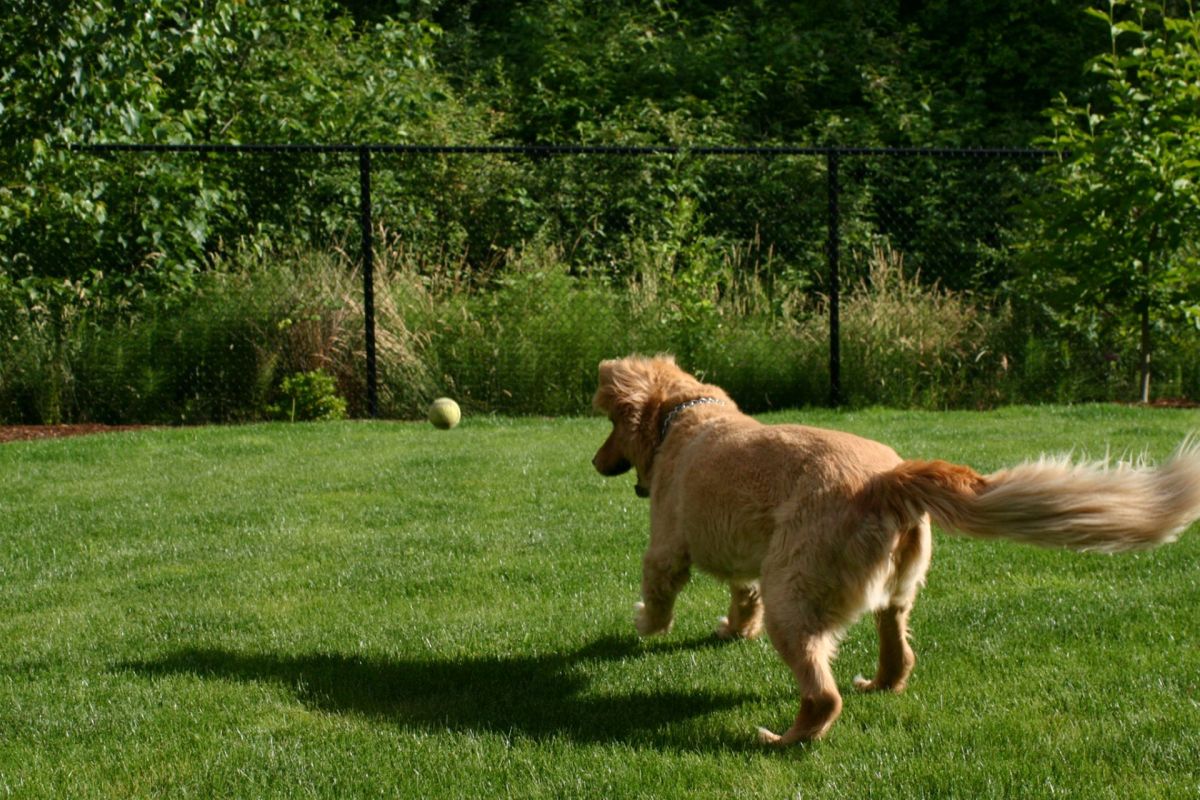The United Kingdom experienced record-breaking temperatures during the brutally hot summer, and some pets were at particular risk.
What happened?
People with artificial turf were advised to be extra careful when taking their cats and dogs outdoors since the superheated surface can burn paw pads, the Mirror reported.
Dr. Samantha Webster said sunstroke is a possibility and extreme caution should be taken once the temperature reaches 24 degrees Celsius (75.2 Fahrenheit). People were advised to test the faux grass with the back of their hand. If the turf was too hot to hold the hand there for seven seconds, it was too hot for pets.
"Whilst it won't get as hot as tarmac or paving slabs, artificial grass can also pose a risk to your pet's paws in summer," she said. "It is really important to note that if you have artificial grass in your garden, this will heat up very quickly if under direct sunlight and so should be treated with the same caution as with pavement."
Why is this concerning?
The Mirror stated one in 10 UK homeowners had artificial grass, though demand in 2023 was down 66% from 2021.
Webster noted natural grass stays much cooler than artificial turf, a truth borne out by anecdotal evidence.
"Sunstroke happens when a dog or pet is unable to effectively regulate their body temperature," she said. "Unlike humans, who can sweat from just about anywhere on the body, dogs are only able to sweat through their paws."
Because they shed heat by panting, dogs have a more difficult time cooling off as temperatures rise, and their fur doesn't help.
What can be done?
Early signs of sunstroke include panting, restlessness or agitation, drooling, red gums, increased heart rate, and vomiting or diarrhea. Pets should be taken out of the heat and given wet, cool towels, especially around the neck and between the hind legs.
Owners can also wet their pets' ears and paw pads. Give them water, but don't allow them to drink too quickly. If they won't drink, put water on their tongue. Don't give them ice or submerge them in cold water, as it can shock their systems, and take them to the vet.
Though the popularity of artificial turf has dipped, its prevalence is worrisome. The plastic-based product contributes to toxins in the environment and has been linked to extreme health hazards, including the brain cancer deaths of six former Major League Baseball players who spent much of their careers on the surface.
Join our free newsletter for easy tips to save more, waste less, and help yourself while helping the planet.









